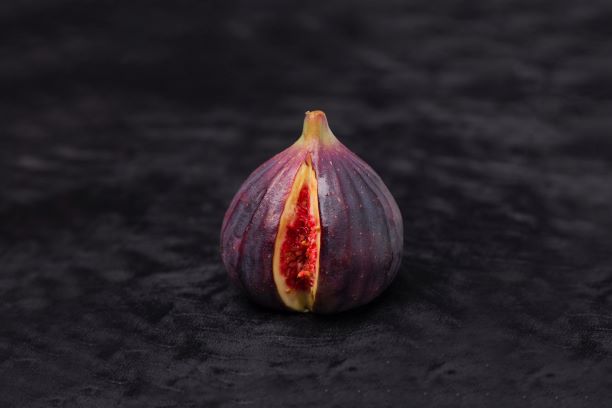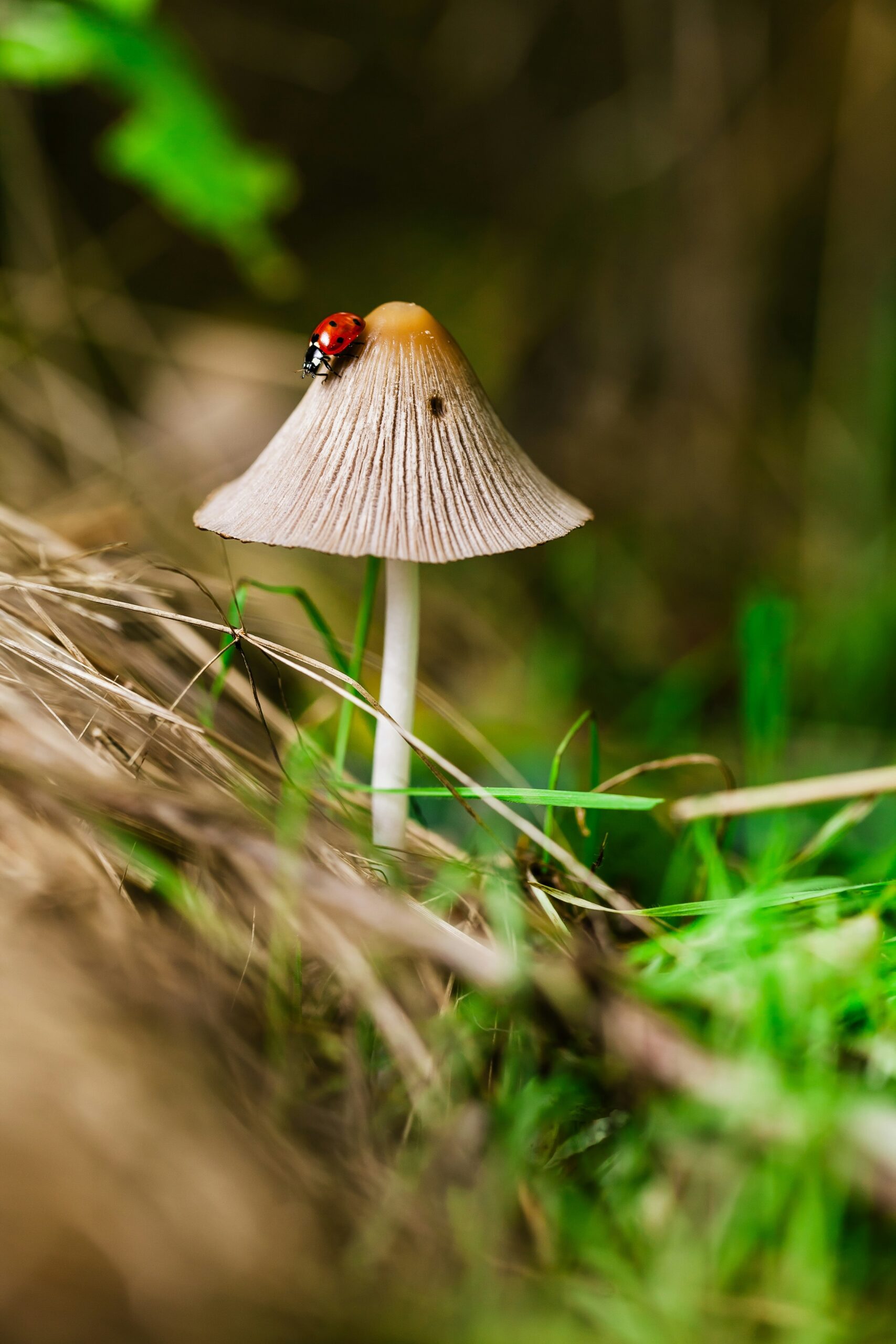What causes Heavy Cycles?

As women’s hormones shift, so do our cycles. The length can change to a shorter or longer cycle. Many women report a heavier or lighter flow. Let’s define what a heavy cycle looks like. A flow of 80 ml over a cycle that lasts 7 days or more is heavy. Practically speaking, this is 16 soaked tampons or pads (menstrual cups make it even easier). In contrast a normal cycle is 3 and 7 days with a flow of around 50 ml or less. Heavy cycles occur because of perimenopause, low thyroid, low iron or poor digestive function.
Perimenopause
Perimenopausal symptoms can show up in a woman’s late thirties or mid to late forties. Some don’t notice any changes while others feel sore breasts, mood swings and insomnia. Night sweats, migraines or weight gain are also common if unwelcome side effects. What is happening during perimenopause to bring these changes on?
Estrogen begins surging while progesterone drops. This is the most common imbalance. Hormone disrupting chemicals add additional estrogens exacerbating this. Pesticides, solvents and plastics are where some of these bad (or xeno) estrogens come from. Personal care products are full of hundreds of chemicals that are banned in Europe but still unregulated in North America.
Our bodies need estrogen and know how to get rid of any excess. There are three phases to estrogen metabolism. If any of these phases is interrupted it adds to the load of circulating estrogens. Symptoms will worsen unless balance is restored.
Low thyroid has many of the same symptoms as low progesterone and both occur in 26% of women. Low iodine can create hyper-sensitivity to estrogens and so can inflammation. For some women perimenopause is a time of high histamine or allergies because progesterone keeps our histamine response in check.
What helps?
Keeping inflammation low by managing stress and optimizing diet is really helpful. Folate, B6, zinc and magnesium assist the liver to efficiently detoxify excess estrogens. Drinking alcohol daily will make it more difficult for the liver to do it’s job whereas regular movement supports the liver. The liver loves expression so prioritize anything physical or creative that you enjoy.
Regular meditation or down time turns up the COMT gene which assists with estrogen metabolism. Put simply COMT can make us into constant worriers or help us focus for long periods when it’s in balance. Estrogen has other perks like helping build muscle and keeping our bones strong. Knowing this we can learn to ride the waves of our hormones instead of feeling bogged down by them.
Once excess estrogen has moved through the liver into the gut it should then leave the body. Unfortunately there is an enzyme in the gut that can unpackage estrogens and send them back into circulation. This is why gut health and hormone balance go hand in hand. Estrogens can accumulate in the physical form of fibroids for example. It is much easier to prevent this early on so tuning into your symptoms as clues is really worthwhile.
More Causes of Heavy Cycles
Endometriosis is another cause of heavy, painful cycles. This immune problem can begin in the gut and is also linked to toxic exposure, specifically dioxins, before birth. Weak digestive function can also lead to heavy cycles and makes iron deficiency worse because of poor absorption. Being vegetarian or vegan for long periods of time can lead to chronic anemia which is difficult to treat.
Iron deficiency itself can also cause heavy cycles which is also difficult to resolve without an iron infusion. If you haven’t had your ferritin checked then ask your doctor to add it. Under 30 is the red zone and under 70 is yellow. Keep in mind that heavy cycles are not the only cause of low iron but low iron can cause anxiety, fatigue, depression and insomnia.
Simple Solutions
Eating more protein helps the gut to heal and offers the nutrient density needed for all the functions of the female body as it changes. It also supports the dopamine response which is calming. In general women are protein deficient.
Being active and getting enough rest seem simple enough in theory. But during perimenopause women are often in the busiest time of their lives. Sleep is where we recover and repair yet lower progesterone makes sleep elusive. Low progesterone also makes anxiety higher. We are raising families, powering through careers and caring for aging parents during a phase of life that ideally would allow for more introspection. Prioritizing self-care each day can take the edge off.
Amino acids like leucine and taurine are helpful. You can take them in a branch chain amino acid supplement or enjoy animal protein and bone broth daily. Eating fish reduces inflammation. Adaptogenic herbs and GABA can decrease insomnia and anxiety. Increasing progesterone through herbs or bio-identical hormones can alleviate symptoms significantly without causing harm.
Hormone Therapy?
Testing hormones is often dismissed in our conventional medical system because of how they fluctuate. However there is a huge benefit to seeing a snapshot of estrogen to progesterone balance on day 21 of your cycle. You can ask for this through a blood test or order a functional hormone test that allows you to see estrogen metabolism as well.
What is less helpful is birth control. This adds synthetic estrogen while flat-lining ovulation and progesterone production. A young woman in my clinic last week reported anxiety that started when she was given the pill. This makes a lot of sense when you look at how hormonal birth control works. But the right hormone replacement therapy can ease the transition to menopause where a new balance is found that is often calmer. Tapping into our internal wisdom throughout our 40’s and 50’s becomes essential.
Our hormones are our super powers. Remember that estrogen supports your heart, muscle and bone health while progesterone creates calm through the storms. If you are experiencing a heavy cycle ibuprofen or acupuncture can lessen bleeding significantly until you dig into the underlying cause. Tranexamic acid can also be helpful in the short-term. Micronized progesterone orally is excellent as is herbal interventions like DIM, calcium d-glucarate and chasteberry depending on what your labs show.
Related Posts
 Psychedelics for Women’s Health
Psychedelics for Women’s Health
 Protein & Hormones for Healthy Weight
Protein & Hormones for Healthy Weight




